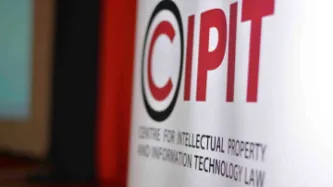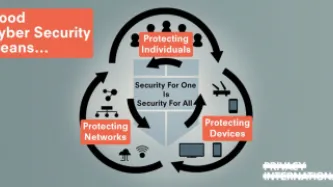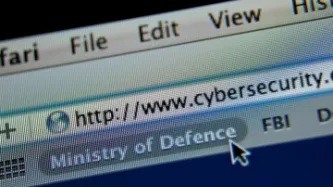Search
Content type: News & Analysis
Overview
CIPIT is currently investigating how the privacy of Kenyan citizens was affected by the use of biometric data during the just concluded 2017 general and repeat elections. The IEBC is mandated by law to register voters, verify their registration details and conduct elections. Accordingly, the IEBC is the custodian of the public voter register. There have been reports that individuals received SMS texts from candidates vying for various political seats during the campaign period of the…
Content type: News & Analysis
There are three good reasons why security is so hard for NGOs. First, we are afraid to speak about meaningful security. Second, we focus on the wrong areas of security and in turn spend money and prioritise the wrong things. Third, we struggle to separate the world we want from the worlds we build within our own organisations. At PI we have failed and struggled with each of these for over 20 years. Out of exhaustion, we decided to do something about it: we are building an open framework, a…
Content type: News & Analysis
Photo Credit: MoD UK
‘Security’ in the policy world has practically no currency without a specific prefix. For example, we could discuss 'national' security as distinct from 'consumer' security or 'energy' security. ‘Cyber’ security is the new prefix on the policy block, and it is gradually forcing a rethink on what it means to be secure in a modern society. In the course of Privacy International’s work globally, we have observed that many governments frame cyber security as national security…
Content type: News & Analysis
The past few years have seen a huge rise in the number of attacks both active and passive, against organisations big and small. Attacks against organisations happen for a multitude of reasons: extortion via "ransomware", exfiltration of commercial secrets, or just "the lulz". While this can be crippling to a commercial business, it can potentially be devastating to an NGO, especially those which work to hold powerful institutions to account. The types of information held by such NGOs could…
Content type: News & Analysis
On a hot day in Nairobi, our researcher is speaking to an officer of Kenya’s National Intelligence Service (NIS). The afternoon is wearing on and the conversation has turned to the presidential elections, taking place in August this year. He has just finished describing the NIS’ highly secret surveillance powers and the disturbing ways in which these powers are deployed.
“It is what you might call ‘acceptable deaths,’” he states about the misuse of communications surveillance powers. “People…




